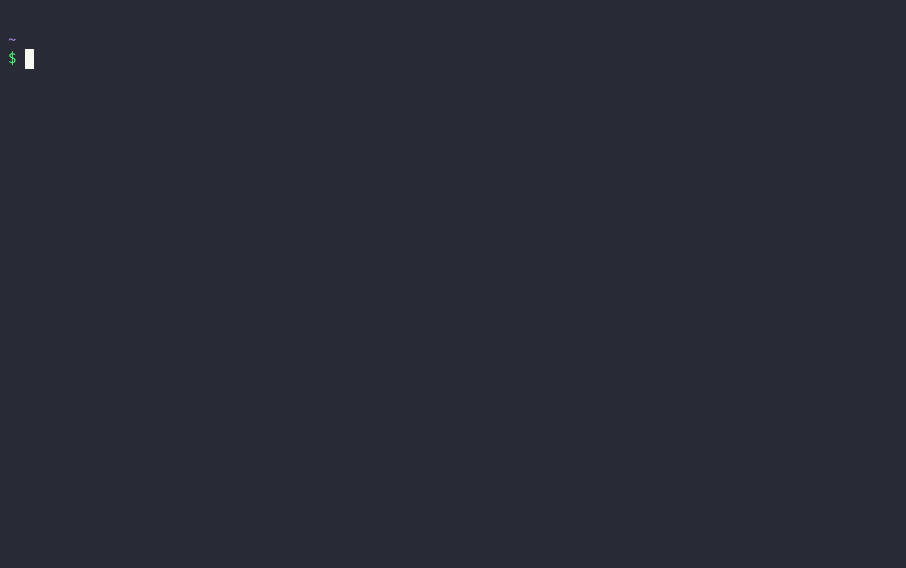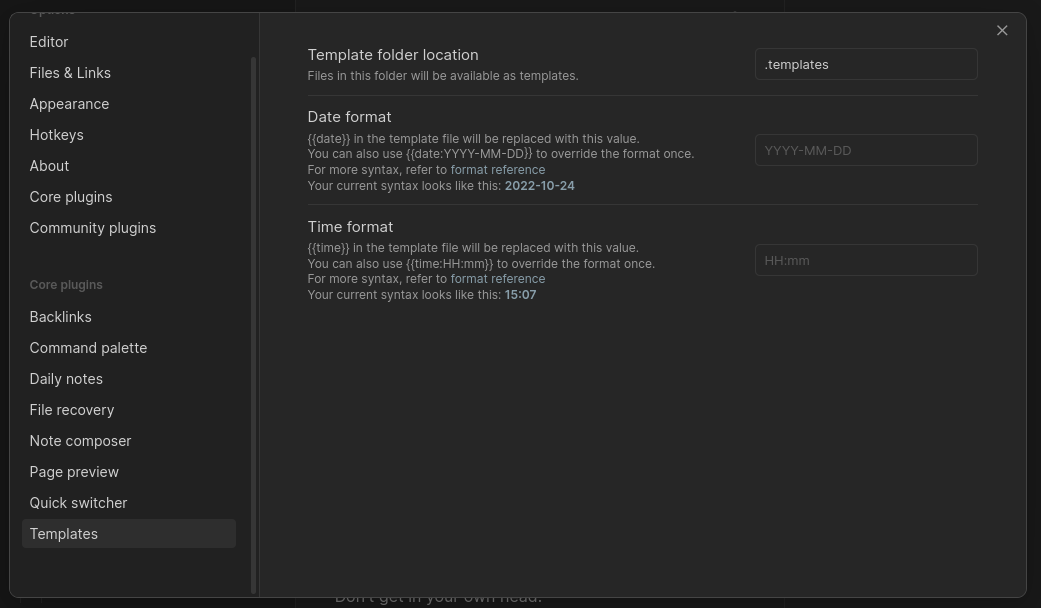 Directories
¶
Directories
¶
| Path | Synopsis |
|---|---|
|
Package cmd contains the different CLI commands for interactions in pkb.
|
Package cmd contains the different CLI commands for interactions in pkb. |
|
internal
|
|
|
config
Package config contains logic related to user config files.
|
Package config contains logic related to user config files. |
|
create
Package create contains logic related to creating files.
|
Package create contains logic related to creating files. |
|
date
Package date contains logic for date based requirements/formatting not handled by the standard lib.
|
Package date contains logic for date based requirements/formatting not handled by the standard lib. |
|
dir
Package dir contains logic related to interacting with directories on the filesystem during the the pkb interactions.
|
Package dir contains logic related to interacting with directories on the filesystem during the the pkb interactions. |
|
editor
Package editor contains logic for sending commands to or interacting with the editor the user defined in config.
|
Package editor contains logic for sending commands to or interacting with the editor the user defined in config. |
|
flags
Package flags contains interactions with the global vars used as CLI flags for the different commands.
|
Package flags contains interactions with the global vars used as CLI flags for the different commands. |
|
prompt
Package prompt contains logic for prompts and user interactions with the CLI.
|
Package prompt contains logic for prompts and user interactions with the CLI. |
|
sentinel
Package sentinel provides some utilities for easier use of sentinel errors.
|
Package sentinel provides some utilities for easier use of sentinel errors. |
|
test
Package test provides utilities to help with unit tests.
|
Package test provides utilities to help with unit tests. |
Click to show internal directories.
Click to hide internal directories.




